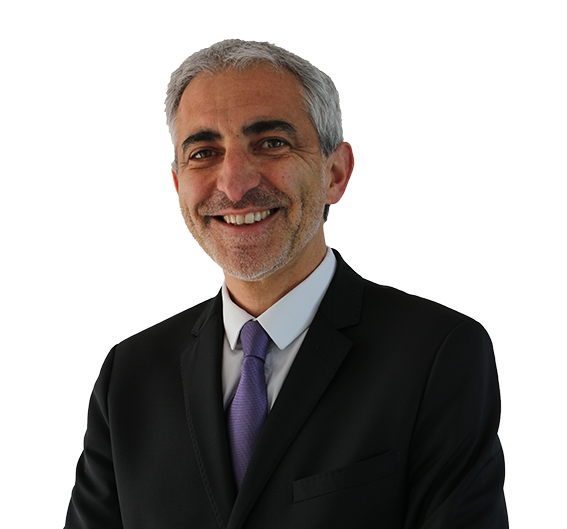Accidents at work and occupational diseases: Verlingue helps you curb your financial risk
Accidents at work and occupational diseases pose three challenges for a company: how to prevent them, finance them, and track and manage them. Verlingue’s experts can advise you about how to fulfill your obligations and stay within your budget.
As an employer, you have an obligation to keep your employees safe. However, whatever your industry sector, there will be certain risks in your business. Accidents at work and occupational diseases disrupt your teams’ work and generate substantial costs. Not to mention the impact on your image. So you need to contain these risks to the best of your ability. Our experts offer you solutions and walk you through the process of handling claims, from reporting the incident to the state health insurance fund (the CPAM) through to financing serious incidents.
Verlingue’s solutions
A safety obligation
Article L4121-1 of the French Labour Code stipulates that the employer must take the necessary measures to keep workers safe and protect their physical and mental health. These measures include steps to prevent accidents and illnesses, inform and train staff, and introduce appropriate means of protection. To fulfil this obligation, you are required to carry out a detailed assessment using the standard risk-assessment document (DUERP in French), which is now in a mandatory digital format. For each of the risks, corrective actions must be defined, implemented and tracked.
Strictly controlled procedures
All accidents at work must be reported within 48 hours after the employer has been informed of the event. There are also strict deadlines and procedures to respect if the employer wishes to issue any reservations or if there are any disputes. Failure to follow the prescribed procedures incurs a risk of surcharge for the employer, who loses an opportunity to avoid cost charge-backs.
Variable employer’s contribution
For the vast majority of companies, the rate that employers contribute to finance cover for accidents at work and occupational diseases is calculated each year by CARSAT (the French retirement and workplace health insurance fund). It depends on the frequency and severity of the events suffered over the three benchmark years. A single serious event may cost a company several hundred thousand euros by prompting an increase in the employer’s contribution rate.
Our guidance and support
Verlingue has joined forces with specialised partners to help you curb your risk of accidents at work and occupational diseases by providing the following:
• A digital tool that employers can use to draft and update the DUERP risk-assessment document, compile statistics, take the appropriate actions, report events to the CPAM and manage them online
• The advice and guidance of a lawyer specialised in social law, who helps you draft the incident reports and issue reservations.
• Financial protection that covers serious events and protects your profit and loss account from the risks of strong variations
Meet our expert

Denis Colombier
Employee Benefits Manager
Discover our solutions
Absenteeism, which has been exacerbated since the health crisis, has a direct impact on companies’ performances. It is a major economic and social issue. If companies are to rein in absenteeism and mitigate its effects, they must first identify and understand its root causes so that they can take the appropriate steps.
The purpose of group life insurance is to provide your employees with protection against the vagaries of life, in the event of accident or illness. In particular, group life insurance makes it possible to compensate for loss of income and thus maintain the employee’s standard of living or that of their family.
Given the French social security system’s continuing withdrawal, the company is becoming a fully-fledged stakeholder in supplementary health insurance, and effectively covering its employees’ healthcare expenses.
For regular or occasional business trips in France or abroad, or when employees are travelling abroad for their work, Verlingue provides the guidance and support you need to protect your employees whatever the circumstances.